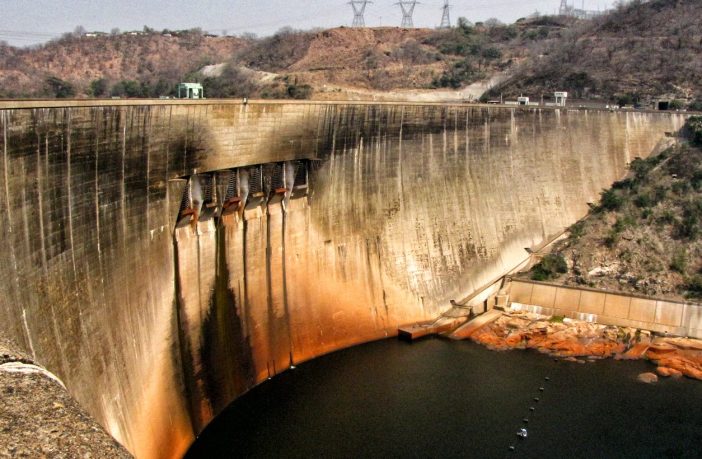- Zimbabweans are being subjected to 19 hours of power cuts a day.
- This is after water has dried up at Kariba, a hydro power source for the country and imported power cannot be paid for.
- Zimbabwe has a total of 2240 generation capacity the bulk of which comes from comes from Kariba hydro (1.1MW) and 920MW from the Hwange Coal Power station.
- At the moment it is estimated that less than 500MW is currently generated in the country.
“Kariba generates almost half of our power needs, which is why a reduction in its generation capacity immediately registers throughout our economy and in our lives,” Zimbabwean President Emmerson Mnangagwa wrote in his weekly column in state media on Sunday.
Outages started to intensify in Zimbabwe in September when they failed to pay upfront for imports. The country’s state owned energy sector has systematically decline since early 2000 due to corruption, mismanagement and theft.
Zimbabwe’s Energy and Power Development Minister, Soda Zhemu’s, announcement in late August that he had sealed a new power import deal with Zambia plus retained other power import deals with Mozambique and South Africa. All three contracts were facing termination as the nation struggled to meet payments obligations to the three nations.
In August, Zimbabwe signed a five-year contract to import 100 megawatts of power a day from Zambia and the deal could not be consummated as Zambia was demanding payment upfront and had no foreign currency to pay. Read more
In late November the Zambezi River Authority (ZRA) has instructed the Zimbabwe Power Company (ZPC) and Kariba Hydro Power Company Limited (KHPC) to suspend power generation at the South Bank Power Station until January 2023.
Related news: Tharisa mine in Zimbabwe to construct a 300MW solar facility
ZRA chief executive engineer, Mr Munyaradzi Munodawafa, said the suspension will be in place untill a further review of the substantive hydrological outlook at Kariba is undertaken which will include consideration of the total reservoir live storage build-up which is the cause for the requested shut down.
In a letter addressed to Zimbabwe Power Company and Zimbabwe state owned energy utiltiy, ZESCO, Munodawafa said there is highly unlikely that there will be any reasonable inflow augmentation in the remaining period of the year 2022, giving little or no chance of improvement in the reservoir storage levels during the remaining period of the year 2022 and going into the first quarter of the year 2023.
“Please be advised that as of 25th November 2022, Kariba South Bank Power Station had utilised 23.89 Billion Cubic Meters (BCM) of water, accounting for 1.39 BCM (or 6.16%) above the 2022 water allocation of 22.50 BCM.”
“Given that the Kariba Reservoir usable storage currently stands at a paltry 2.98 BCM or 4.60% full, and that ZESCO Limited still has a positive balance of 2.44BCM (10.82%) as of 25th November 2022, ZPC/KHPC no longer has any usable water to continue undertaking power generation operations at Kariba South Bank Power Station.
With the current performance of the 2022/2023 rainfall season in the Kariba Lower Catchment where the river flows are yet to improve and the associated inflows from the Upper Kariba Catchment which will only influence any potential increase in the Lake Level at Kariba during the later part of the first quarter of 2023,” he said.
Author: Bryan Groenendaal















